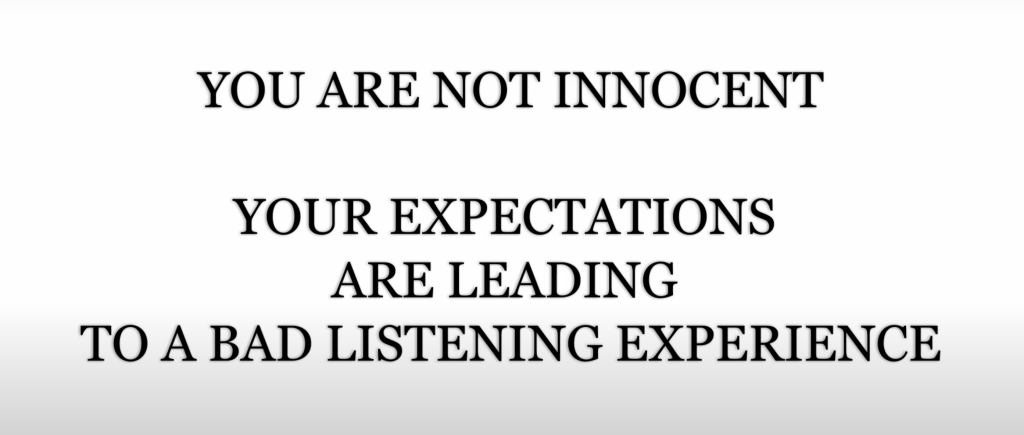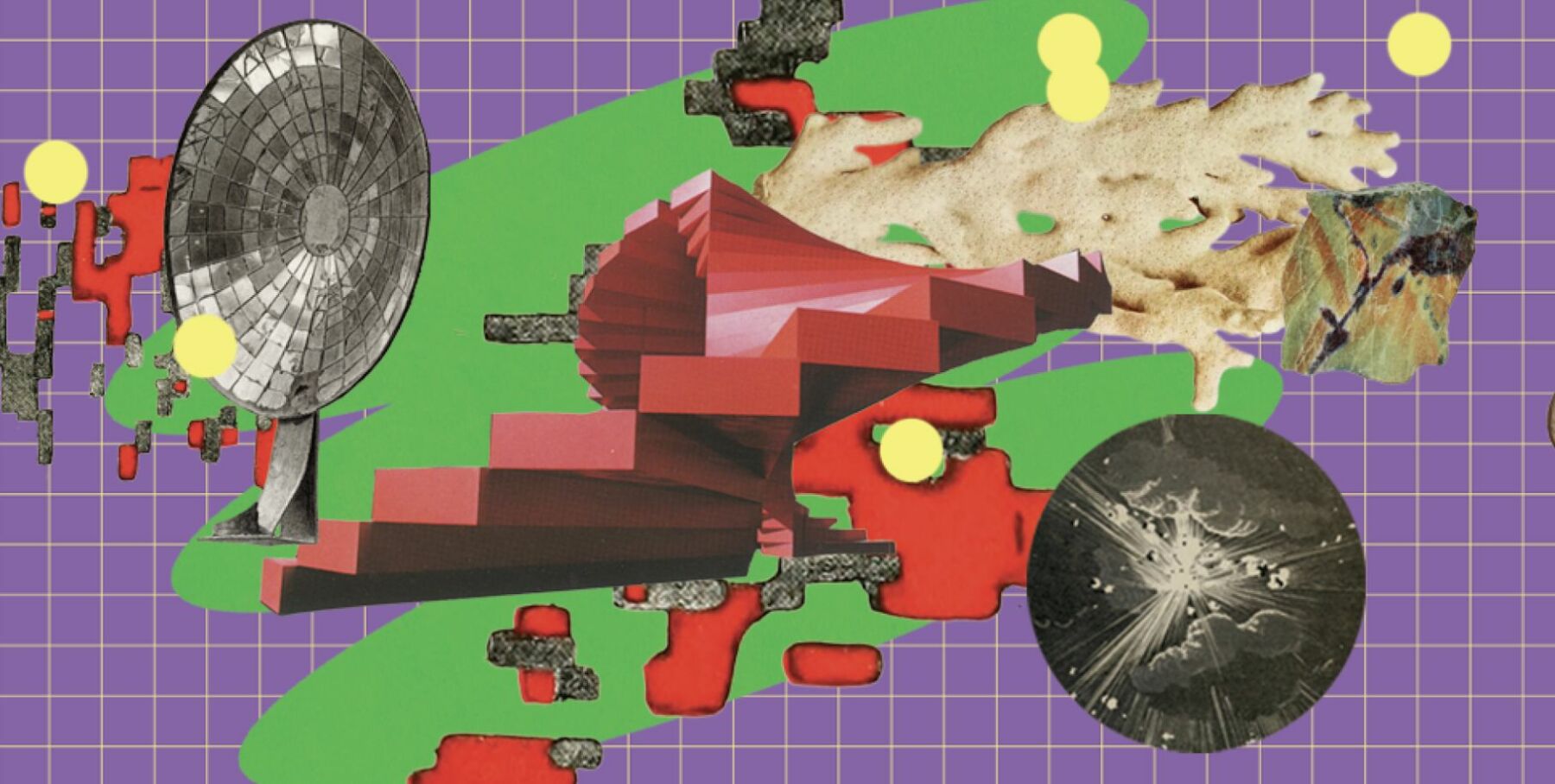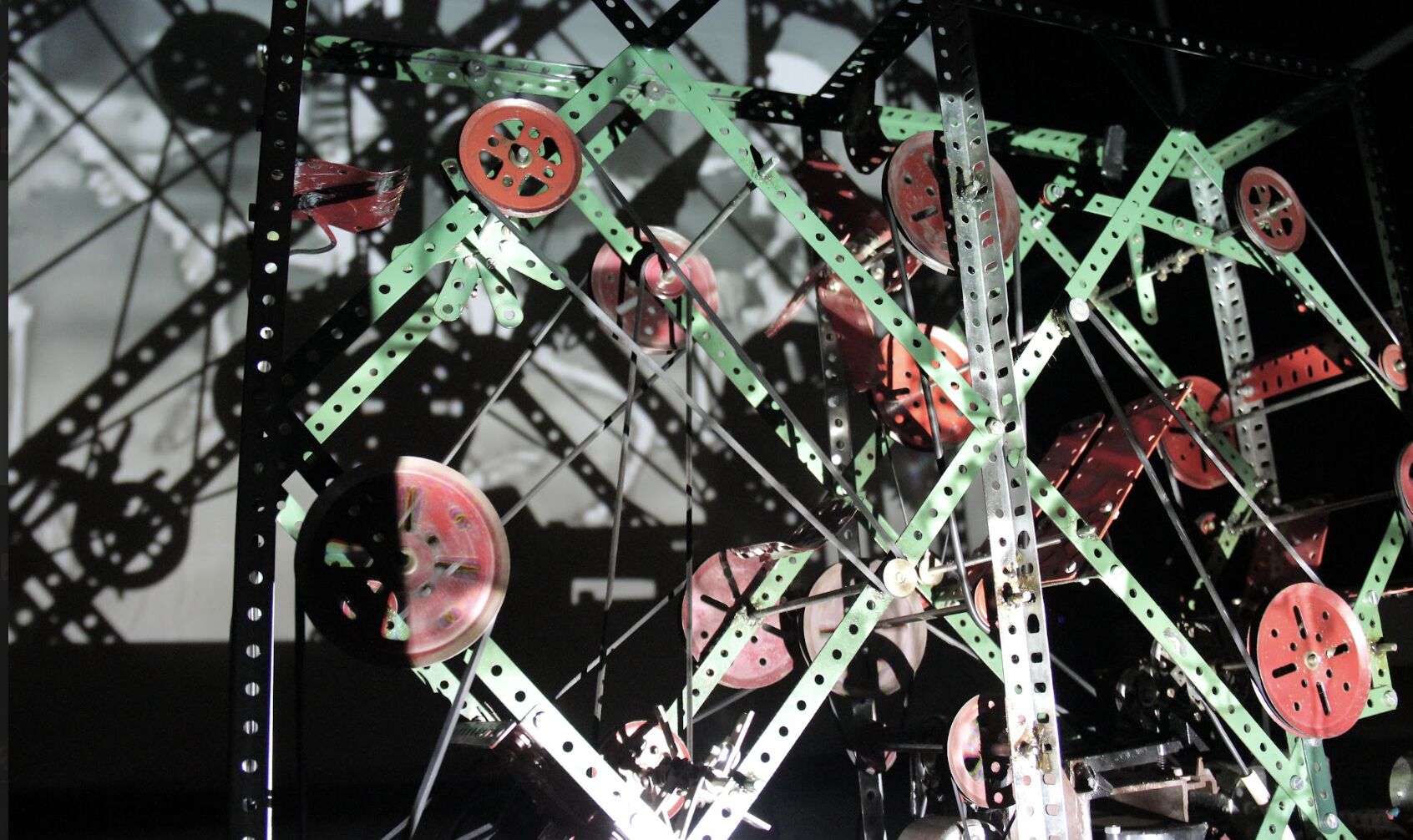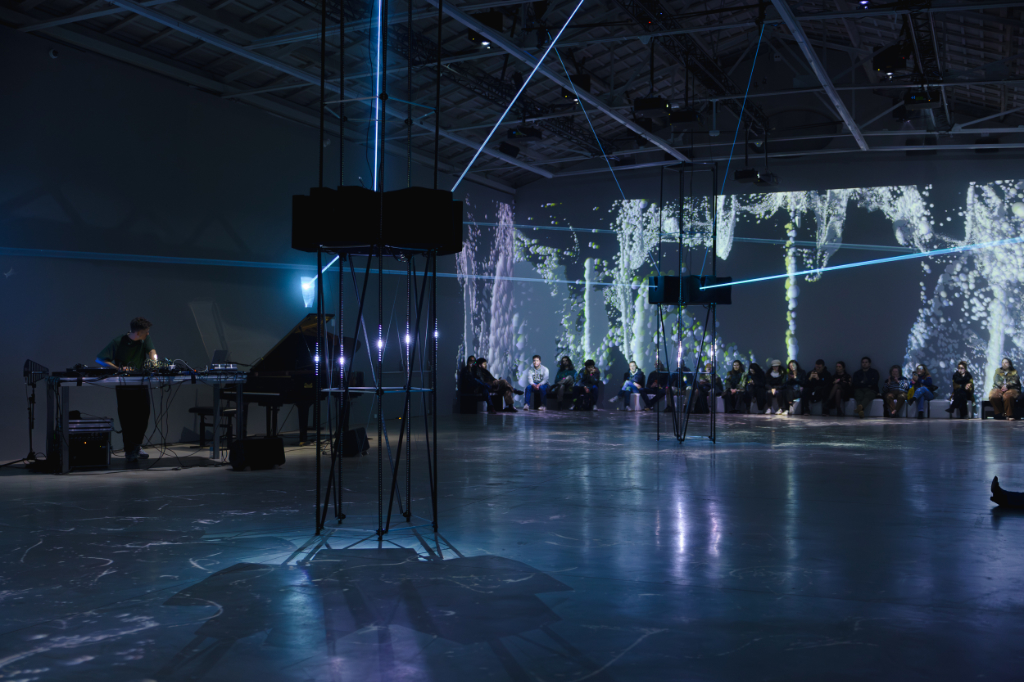Text by CLOT Magazine

In the last years, the experimental music and sound art scenes have may suffered an excess of conceptualisation and the need for an overstating visual aesthetic, something that may have had a lot to do with the pressing competitivity for originality and standing out, some say. Maybe sometimes there’s no need to find any deeper meanings in fabricated constructs, just experimentation with the pure art form.
Today we are premiering a video aimed at this kind of reflection, the track OOO from Bienoise‘s upcoming new album in the legendary experimental electronic music/art label Mille Plateaux, titled THIS MEANING TODAY and due out on June 17.
Bienoise is an Italian teacher and sound experimentalist working with computer noise, non-musical inputs and contemporary dance. THIS MEANING TODAY, his first full-length album since 2015, Alberto Ricca, aka Bienoise, accepts the burden of freedom in seven tracks that he felt needed to exist. The OOO video, as well as the whole album, is the pursuit of a complete renouncing of images, emphasising the act of listening beyond meanings. Absence of concept, suggesting silence, the viewer participates then in the creation of meaning.
How can we deal with the web of implications of any aesthetic choice in 2022? Alberto asks. He tells us that most of his energies nowadays are spent on the encouragement to listening, as in a state of openness to new ideas and paths: Boredom, fragments and gravity are primary allies in this: for this album, I simply accepted to be pulled by all my “cathedrals”, as I call any foundational, recurrent device around which you can build your entire city.
Music, like dance, is beyond meaning. Still, it is paradoxically impossible (and an aesthetic statement in itself) to ignore all the necessary practical layers – track titles, some kind of visual placeholder, how you appear in photos or lack of them. I just did what felt right also in this regard.
Bienose also shares that he enjoys a scrolling text: it’s peaceful, elegant, and reminds me of closing credits in movies and web pages; an image is an answer, a statement said to be worth more than a thousand words: but if “one never write a book of fragments”, as Eugene Thacker teaches, then any word can sprout a long stream of ideas. I pursue the feeling you have when you see a detail that could or could not be intentional, a portion of an unknown movie, or a phrase that could or could not make sense. Not even Tolkien explained everything.
This cooling of the medium, unexpected in an age of search with Google and expanded universes, asks you to contribute to the meaning of what you’re experiencing – hopefully turning this single, precise meaning into a polyphonic sensation based on your links and influences. I noticed my music is also often awkwardly incomplete, lame, and demanding to the listener: I’m probably more interested in tending ideas than in satisfying expectations.






